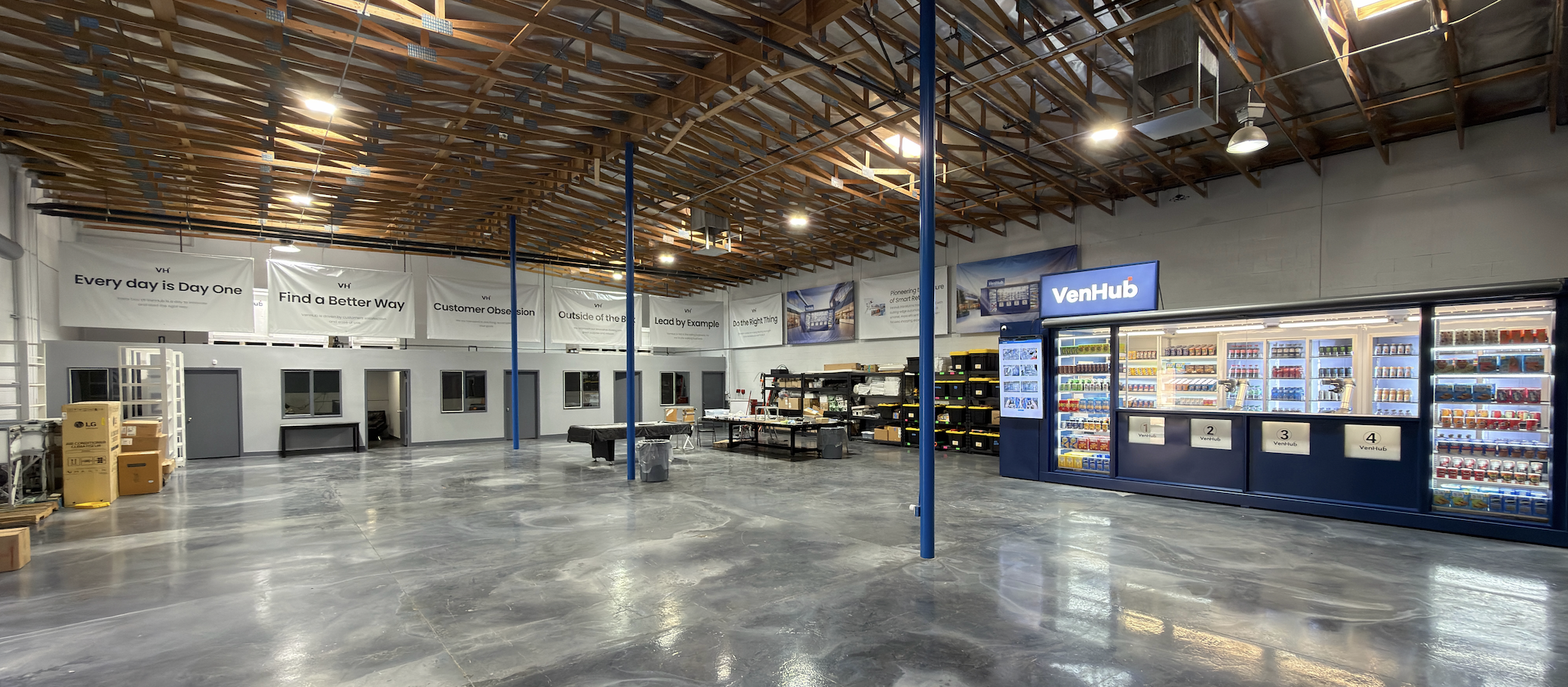AI-Powered Labs Are Changing Science

The Rise of Smart Labs
The intersection of artificial intelligence and scientific research is paving the way for revolutionary advancements in how experiments are conducted and innovations are born. AI-powered self-driving labs are not just a concept of the future; they are actively transforming the landscape of scientific discovery today.
What Are AI-Powered Self-Driving Labs?
These innovative labs employ a combination of robotics, machine learning, and automation to perform experiments autonomously. This state-of-the-art technology allows for the execution of complex scientific procedures without the constant oversight of human researchers. This marks a significant shift from traditional methodologies, which can be time-consuming and prone to errors.
Key Features of Self-Driving Labs
Self-driving labs incorporate several advanced features that enhance their functionality:
1. Automation of Repetitive Tasks
By delegating repetitive and labor-intensive tasks to machines, scientists can focus on the more critical aspects of their research, such as data interpretation and hypothesis testing. Automation not only speeds up experiments but also increases the reliability of results.
2. Machine Learning and Predictive Analytics
Through sophisticated algorithms, these labs can analyze vast datasets, enabling them to identify patterns and make predictions. This capability allows researchers to pivot quickly and explore new avenues of inquiry based on the most promising leads, effectively shortening the time from experimentation to discovery.
3. Enhanced Precision and Reduced Human Error
Human error is a significant variable that can skew experimental results. AI-driven labs minimize this by executing tasks with precision and consistency, ensuring that the quality of data is maintained throughout the research process.
Applications in Material Science and Medicine
The implications of AI-powered labs extend across various scientific disciplines, particularly in material science and medicine. For instance, researchers can quickly synthesize new compounds or test drug formulations, leading to faster breakthroughs in medical treatments and therapies.
Success Stories and Research Advancements
Leading institutions are already seeing tangible benefits from adopting self-driving labs. Research teams have reported a significant increase in productivity, with some analyzing hundreds of compounds in the time it previously took to study just a handful. These advancements are not just saving time; they are accelerating the pace of scientific discovery and innovation.
The Future of Science: Integration of AI with Human Ingenuity
As we look ahead, the collaboration between AI and human researchers promises to unlock unprecedented levels of creativity and discovery. While self-driving labs handle automation and data analysis, human scientists can engage in complex problem-solving and creative thinking, leading to holistic and groundbreaking solutions.
VenHub's Role in the Future of Research
At VenHub, as we embrace automation in retail, we see parallels in the scientific community. Just like the self-driving labs, VenHub's Smart Stores utilize AI and robotics to enhance efficiency and improve customer experiences. By focusing on innovation and automating repetitive tasks, we can cultivate environments that promote exploration, whether in retail or scientific research.
Conclusion: Embracing Change for a Smarter Future
The advent of AI-powered self-driving labs signifies a monumental shift in how science is conducted. As these technologies continue to evolve, we can anticipate a future where scientific discovery becomes faster, more accurate, and increasingly efficient. By leveraging the capabilities of AI, researchers are poised for a new era of innovation, one where the boundaries of what’s possible are continually expanded.







.png)


